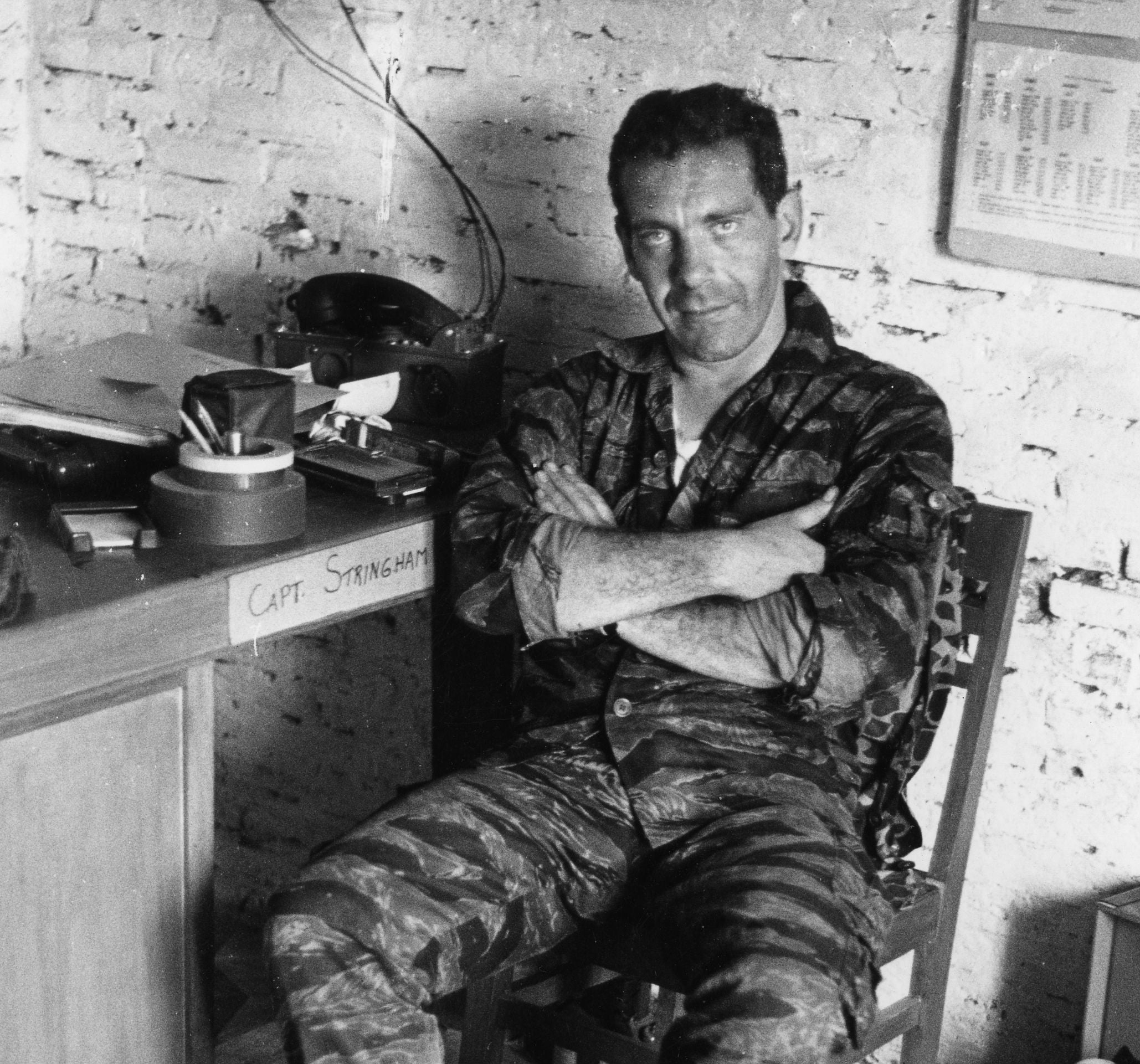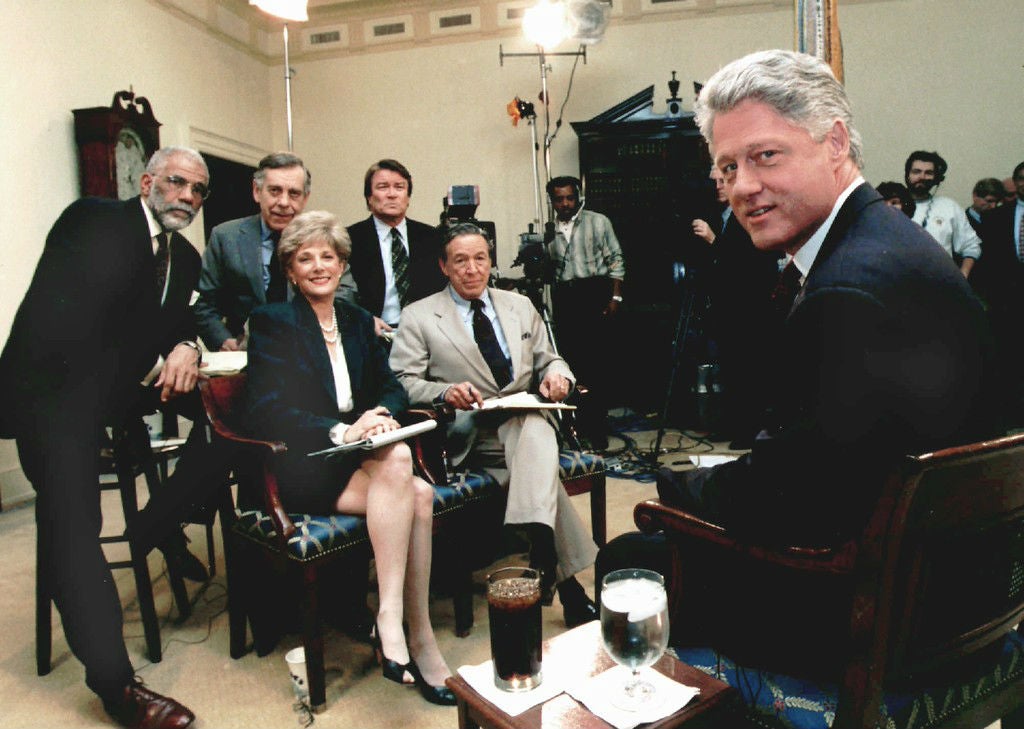Morley Safer was the the opposite of today's self-obsessed television anchors
Safer was a dogged, boots-on-the-ground reporter

Your support helps us to tell the story
From reproductive rights to climate change to Big Tech, The Independent is on the ground when the story is developing. Whether it's investigating the financials of Elon Musk's pro-Trump PAC or producing our latest documentary, 'The A Word', which shines a light on the American women fighting for reproductive rights, we know how important it is to parse out the facts from the messaging.
At such a critical moment in US history, we need reporters on the ground. Your donation allows us to keep sending journalists to speak to both sides of the story.
The Independent is trusted by Americans across the entire political spectrum. And unlike many other quality news outlets, we choose not to lock Americans out of our reporting and analysis with paywalls. We believe quality journalism should be available to everyone, paid for by those who can afford it.
Your support makes all the difference.US television news has lost one of its most distinguished figures with the death of Morley Safer, a stalwart of the CBS flagship news programme 60 Minutes for almost half a century, just a week after the network announced his retirement.
Safer, who was 84 and born in Toronto, began his career as a correspondent for various Canadian newspapers and the Canadian Brodcasting Corporation, joined CBS in 1964 as a member of its London bureau in 1964. The following yesr he set up the network’s Saigon Bureau, as the war in Vietnam intensified.
One of his earliest reports created a sensation, as he went with a detachment of US Marines to the village of Cam Ne, for what was described as a ‘search and destroy’ mission. After ordering the evacuation of the village, the Marines set fire to the homes with flamethrowers and Zippo lighters.

When he learnt of the report, President Lyndon Johnson made a furious call to the CBS President accusing Safer and his colleagues of having “shat on the American flag.” As the story goes, LBJ was convinced that the reporter was a communist, and ordered a security check. When he was informed that Saafer wasn’t a Communist but a Canadian, he replied, “Well, I knew he wasn't an American.”
In 1967 Safer returned to London as bureau chief before joining the news magazine and documentary programme 60 Minutes, that was then embarking on its third season. Over the next 46 years he filed 919 reports, making his name as a dogged and enterprising reporter, bold interviewer and wonderful storyteller.
Over the years the programme became not just the most consistent example of investigative journalism in the US, that built on the reputation of CBS – home of Ed Murrow and Walter Cronkite – as the premier American news network. Its consistently high ratings also proved that news could be a moneyspinner for the television companies.
Safer himself was a last link to the original core of 60 Minutes, made up by Harry Reasoner, Mike Wallace and Ed Bradley, as well as producer Don Hewitt.
To mark his retirement, CBS televised an hour-long retrospective about his career on Sunday. Jeff Fager, the producer of 60 Minutes, said he visited Safer, then in failing health, and that Safer – a “humble man who never expects attention,” appreciated the recognition of his achievements.
“He was an extraordinary writer and reporter, and a true gentleman,” said Anderson Cooper, a CNN anchor and contributor to 60 Minutes. “From his work during the War in Vietnam to his completely unique and evocative pieces for 60 Minutes, he set the standard for what we all want to be as journalists. His kind shall not pass this way again.”
During his decades of work for the newsmagazine, Safer investigated wrongdoing, and profiled tycoons and celebrities. He was also famous for his ability to recount offbeat stories. “They were works of art almost,“ Fager said in Sunday's hour-long tribute.
“What makes a story a Morley story is his original voice. And by that I mean not just the timbre, but the quality of the storytelling, his writing.”
Join our commenting forum
Join thought-provoking conversations, follow other Independent readers and see their replies
Comments